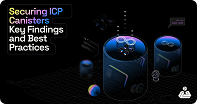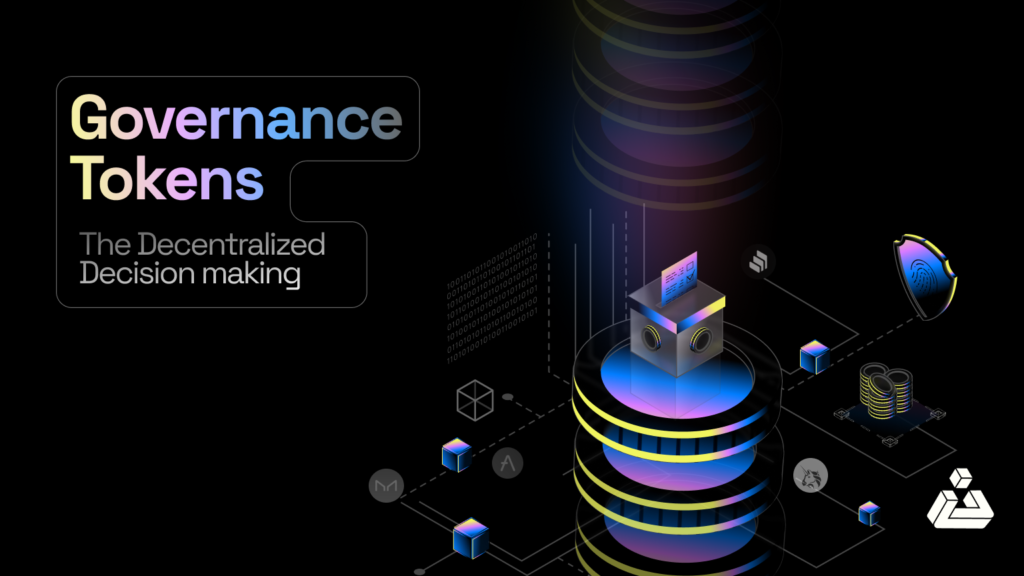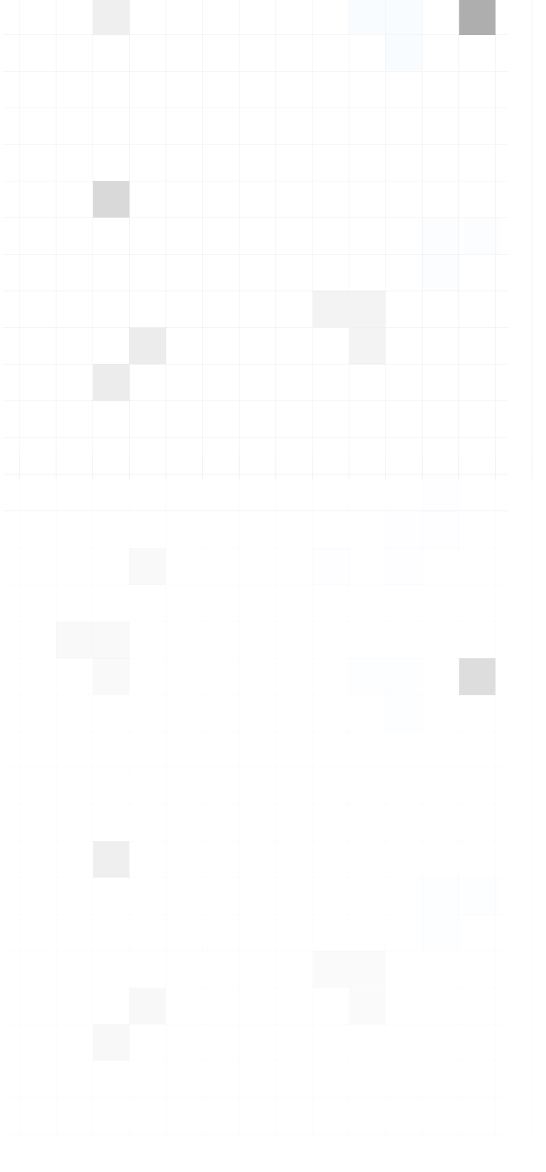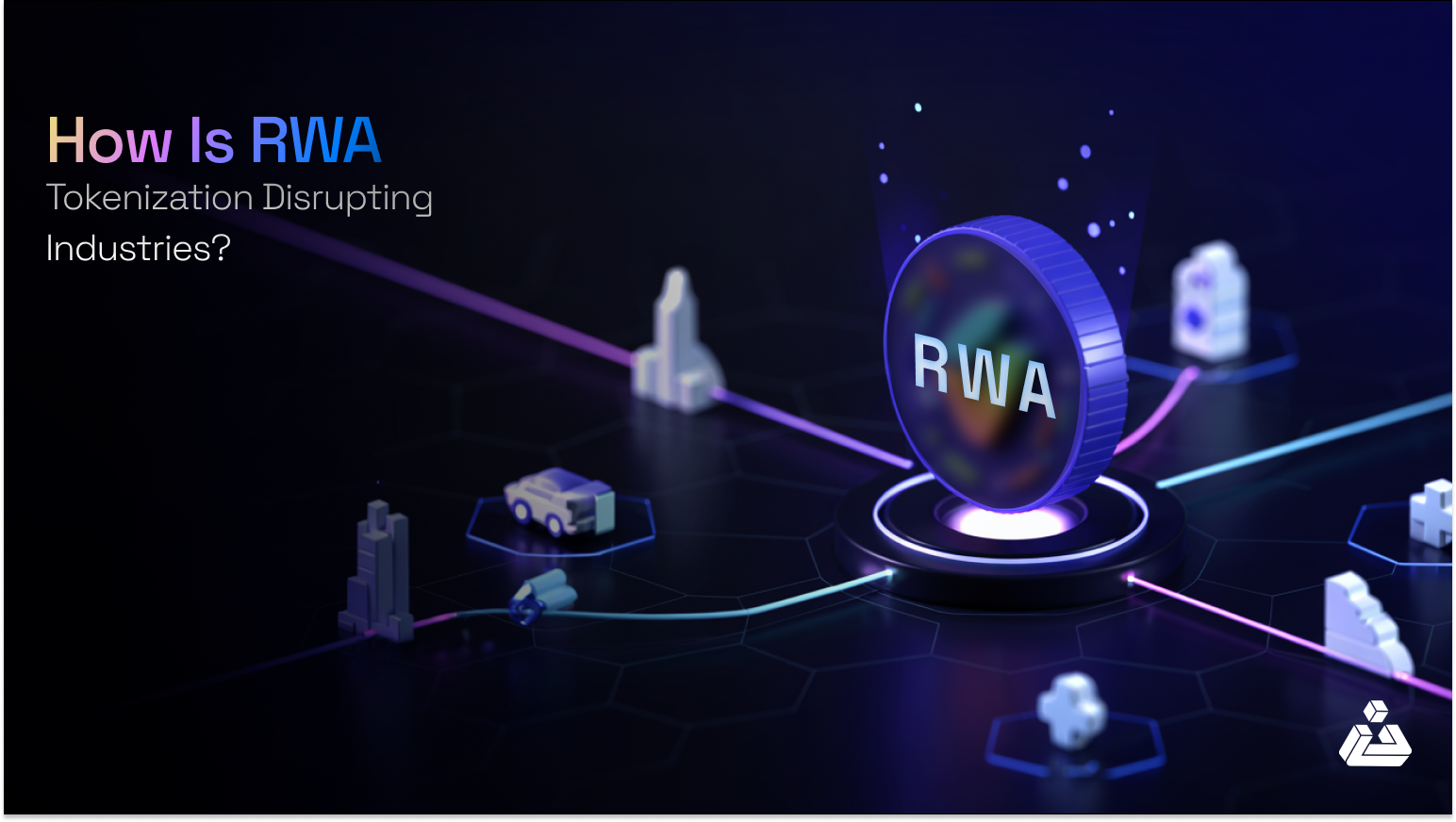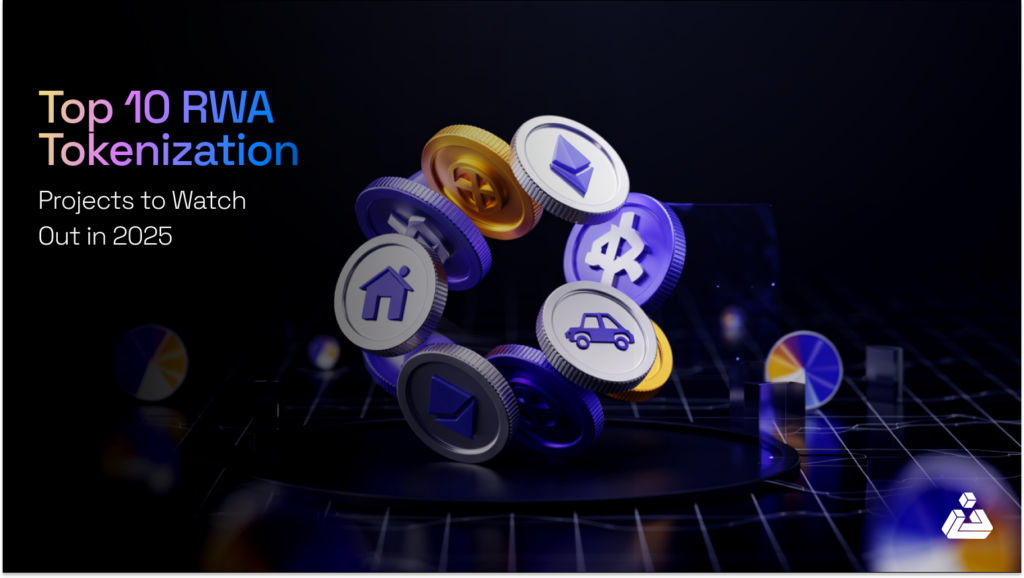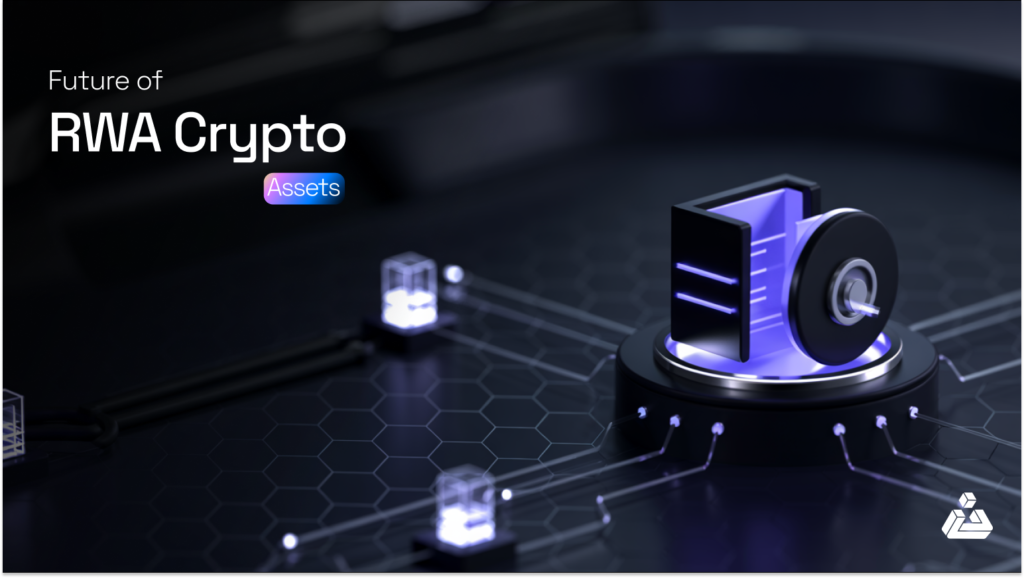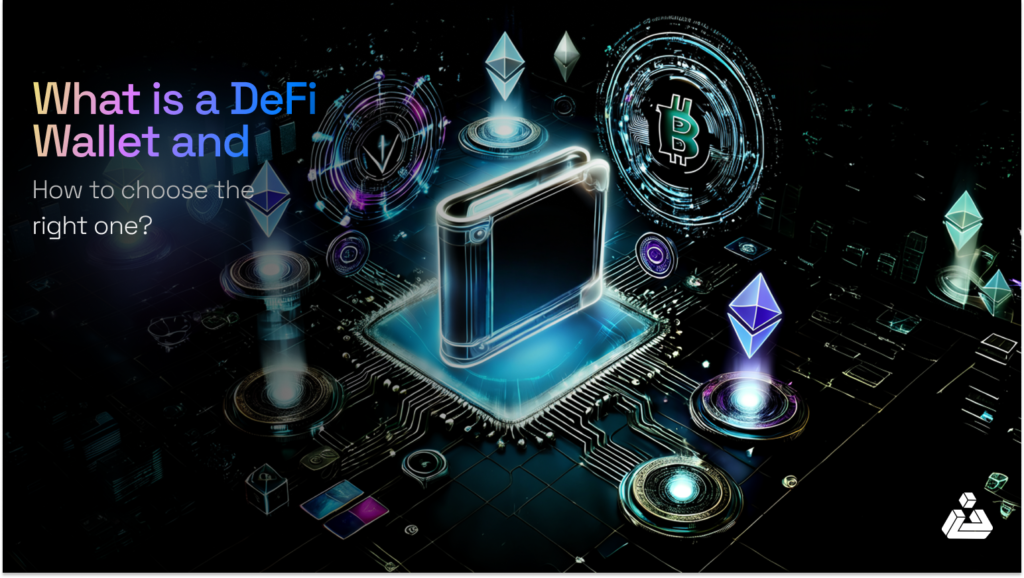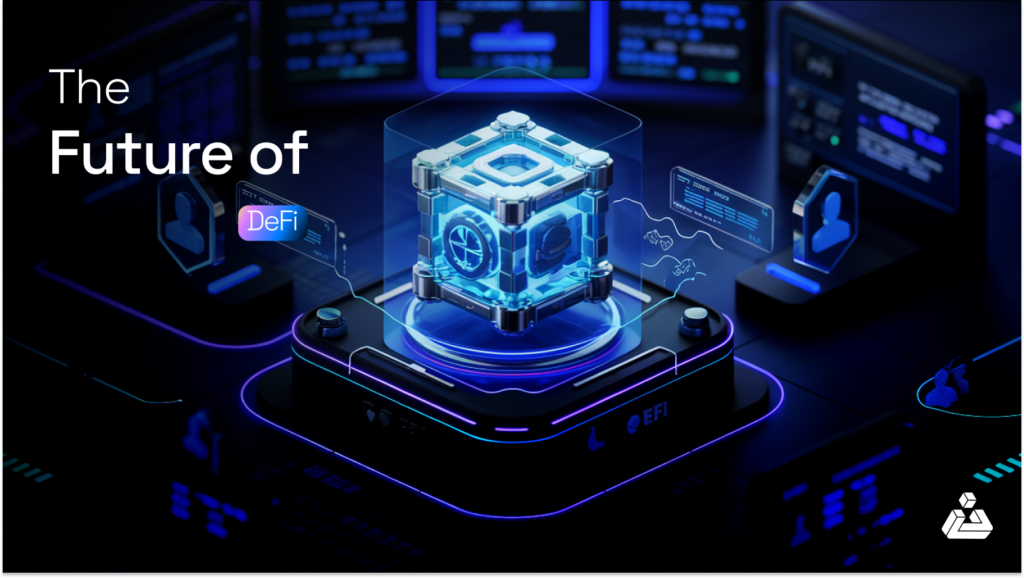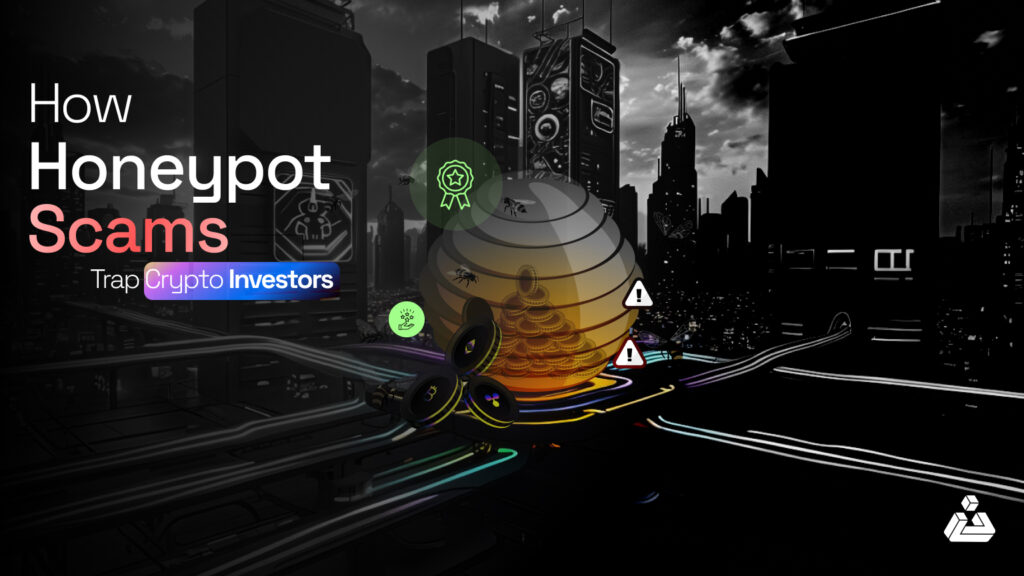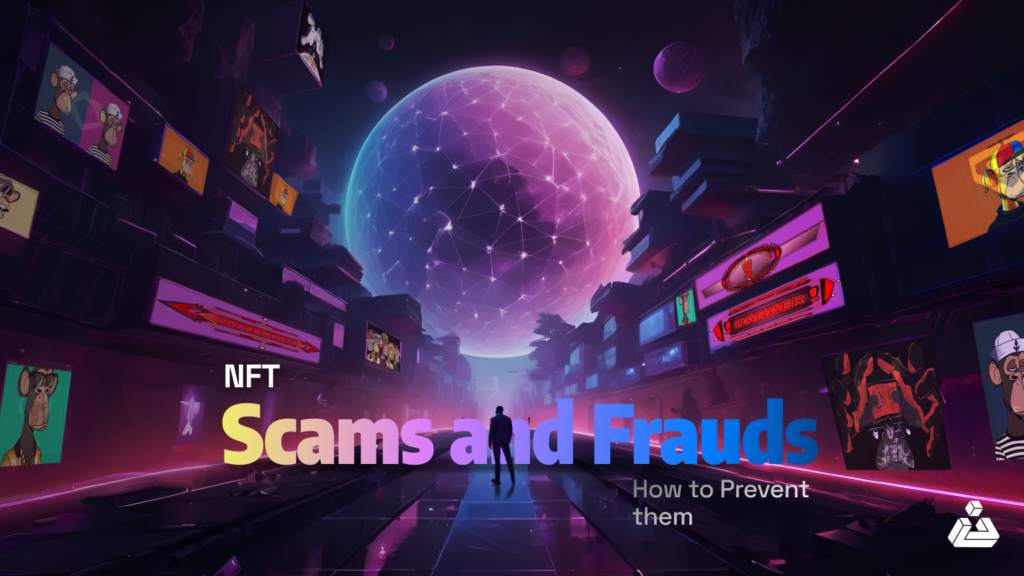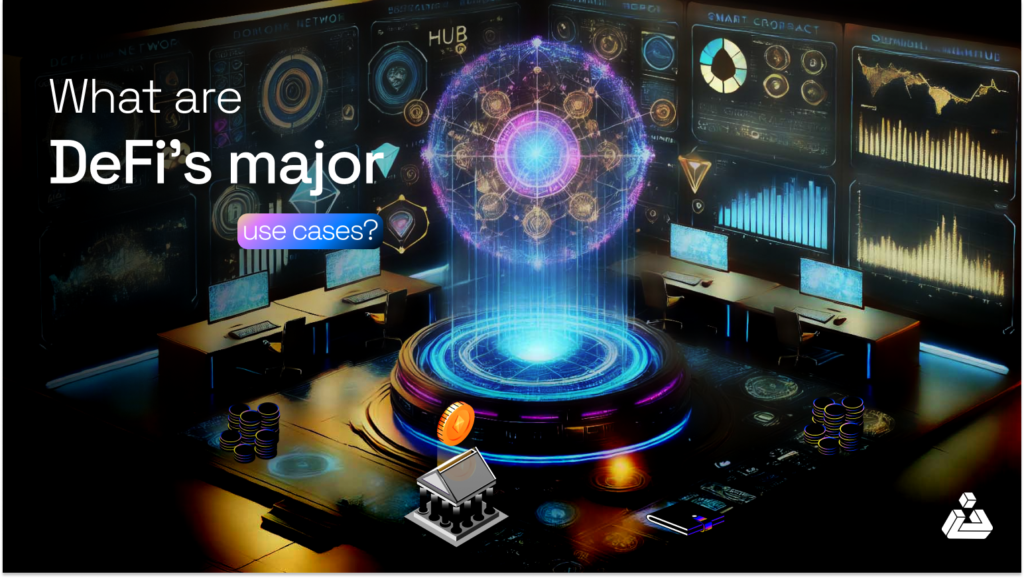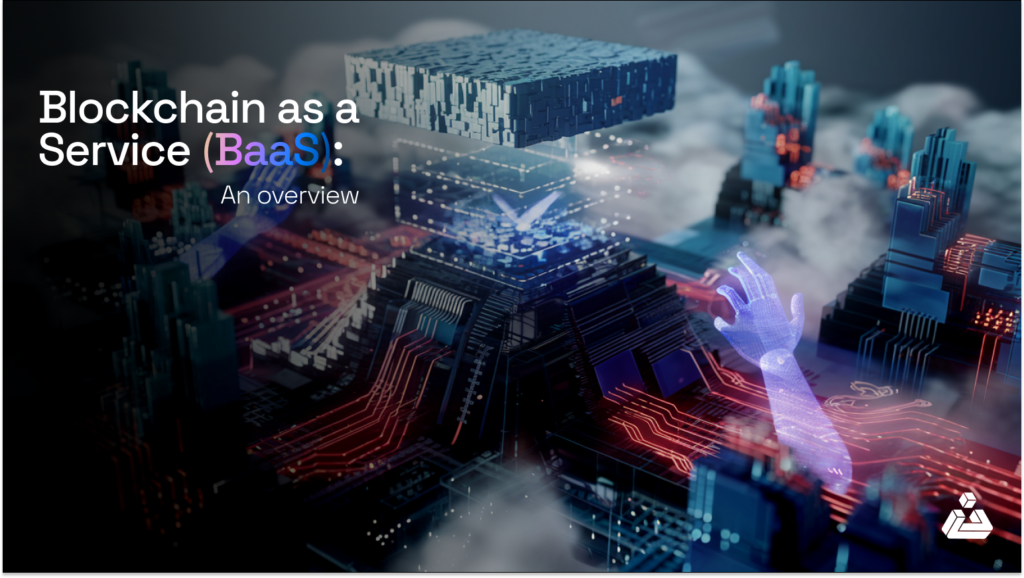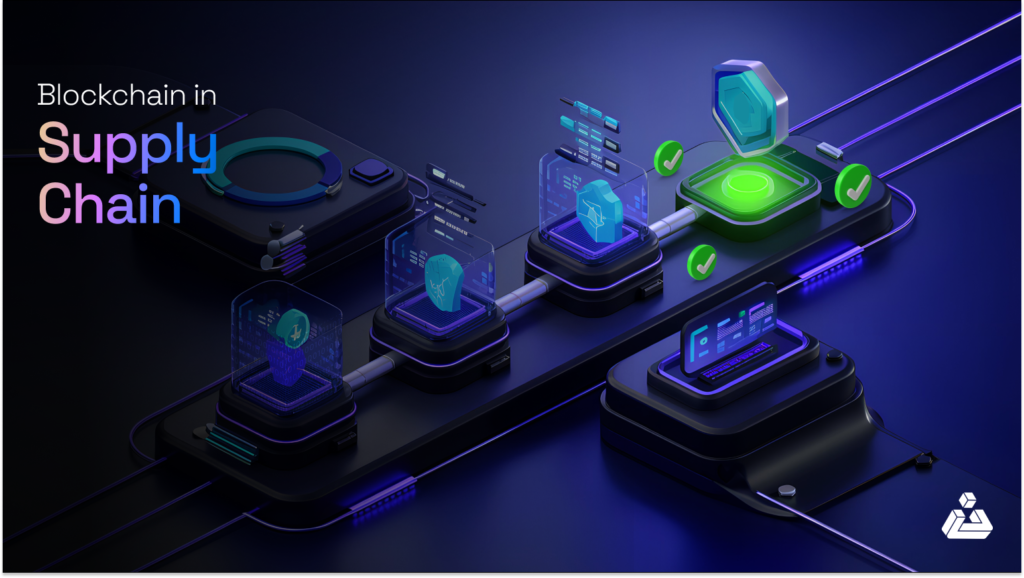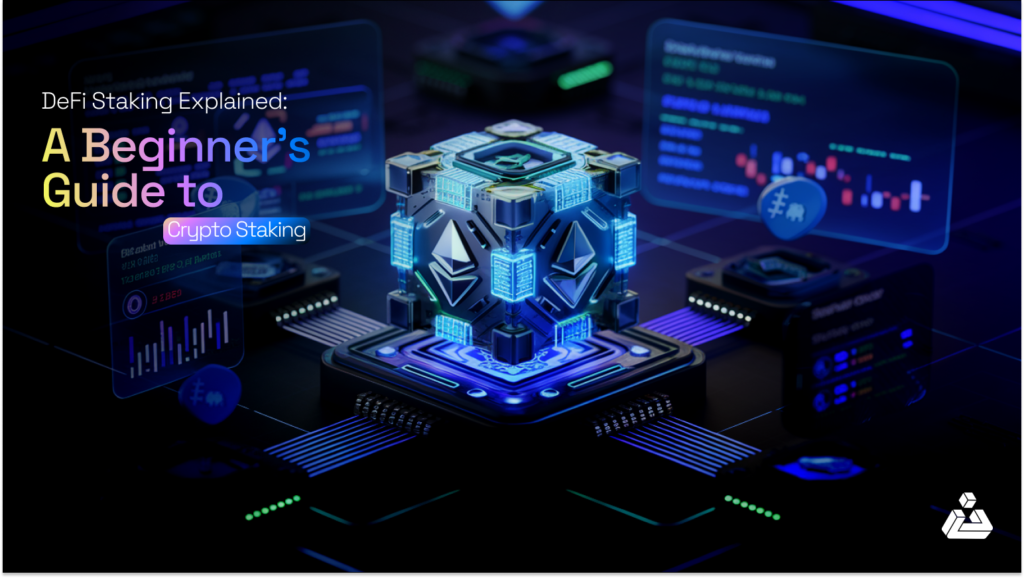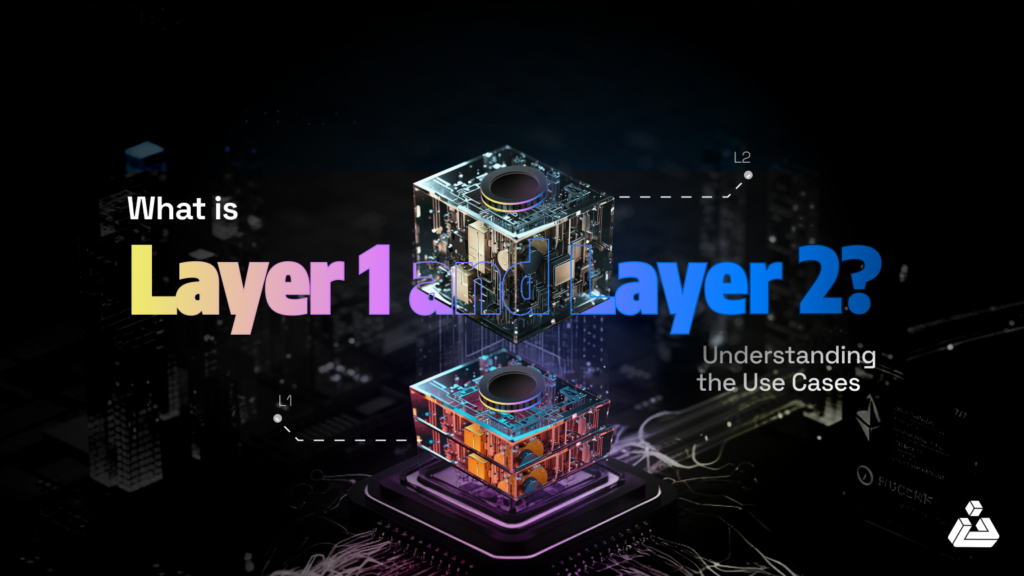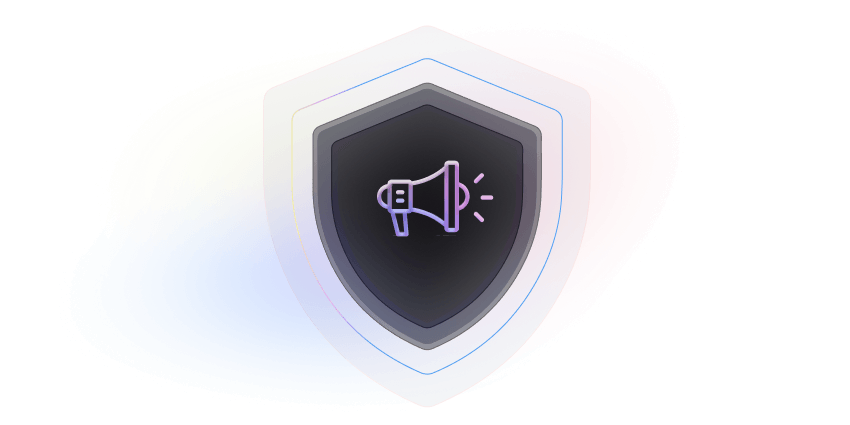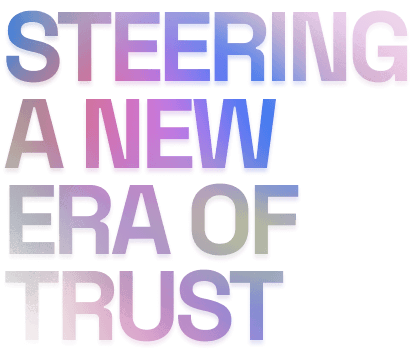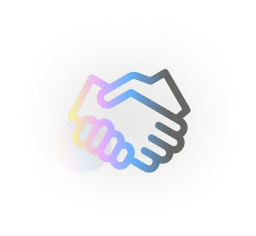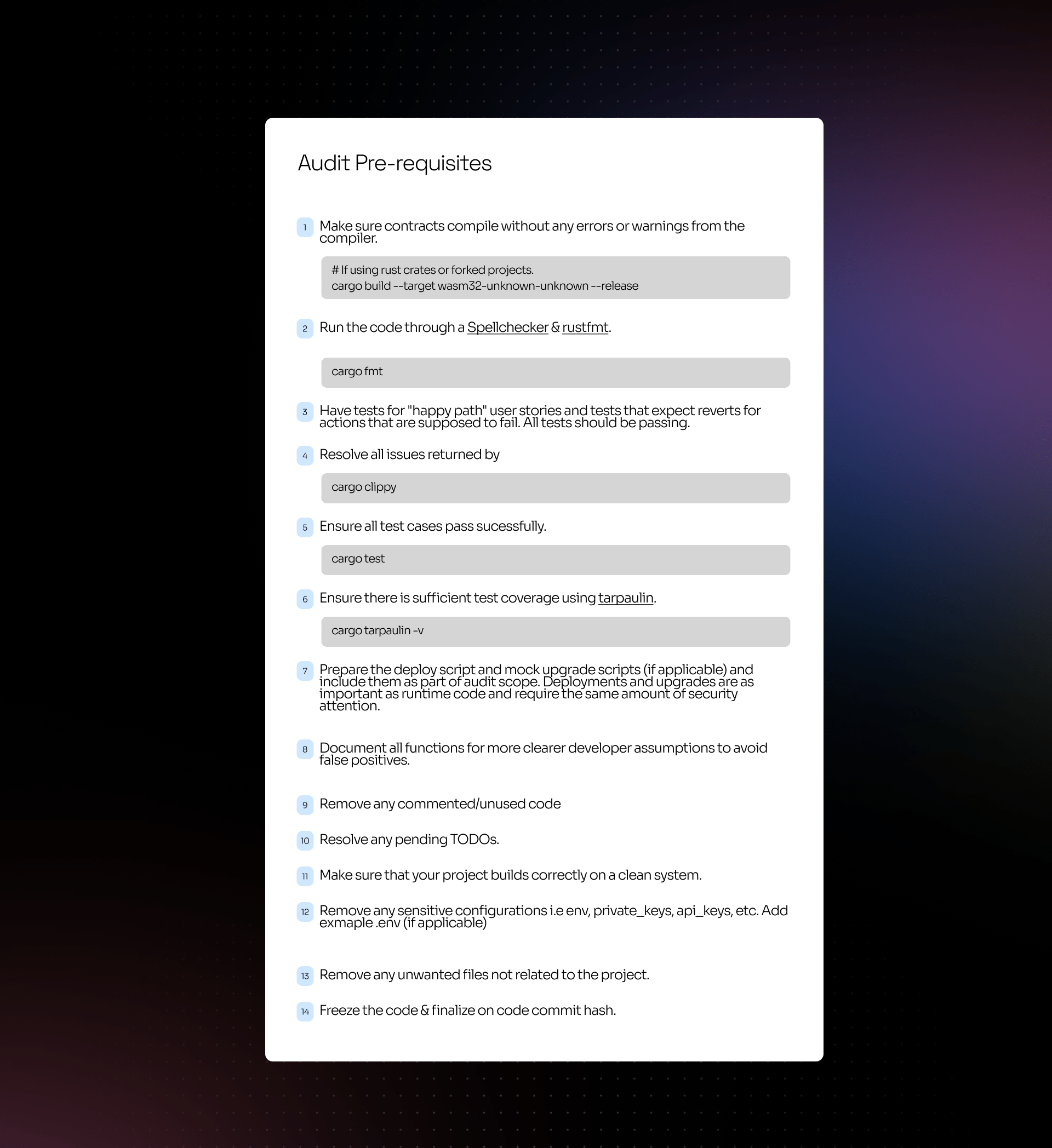Just like governments and organizations, the web3 also requires decision-making while maintaining decentralization. This is to ensure that the progress of the protocol is in the right direction. But how could we streamline the governance of Defi protocols while adhering to the ethos of blockchain?
The main aim of the governance is to efficiently scale the project while considering the perspective of every network participant. This makes governance an important and complex area. Although each Defi project has its own rules and regulations, we could say that the governance provides a general framework for network participation in the best possible way.
Before we move to explain the concept of governance tokens, we should first define the concept of governance and how it helps.
What is Blockchain Governance?
Governance is the process of critically evaluating or controlling an entity, including the entity’s hierarchy, operations, and systems. In the blockchain world, it involves the proposals, activities, and protocols involved in reaching agreements and implementing changes in a crypto project.
This is different from the permissioned blockchains where the hierarchical structure is maintained to oversee the project. With governance, we could allow stakeholders, such as token holders, to influence and make decisions about the future of a protocol in a decentralized manner. This decentralized approach to decision-making ensures that the development and management of defi projects are community-driven. This promotes transparency, fairness, and adaptability to the network. Governance is typically facilitated through governance tokens, which give holders the right to propose changes, vote on upgrades, adjust fee structures, or allocate funds within the protocol.
For example, MakerDAO uses MKR tokens for governance. MKR holders can vote on proposals that affect the Maker Protocol, such as adjusting the stability fees for their DAI stablecoin or adding new collateral types to support it. This democratic process allows the community to have a direct impact on the protocol’s evolution.
We usually divide blockchain governance into two categories: on-chain and off-chain. On-chain governance occurs directly on the blockchain through automated voting and proposal mechanisms that are executed and recorded, ensuring transparency and immutability. In contrast, off-chain governance involves discussions and decision-making processes that happen outside the blockchain and are not recorded on it. Examples of off-chain governance include polls on social media, in-person discussions of teams, or discussions on online forums.
Now that we know why we need blockchain governance, let’s look into how governance tokens help us to achieve governance objectives.
What are Governance Tokens?
Governance tokens are a type of cryptocurrency that allows its holder to participate in on-chain decision-making. Generally, each governance token represents one vote to a proposal. However, there are other methodologies as well such as quadratic voting, weighted voting, and liquid voting.
Apart from voting, governance tokens also grant its holders the right to take the initiative of proposing changes and put them up for voting on the network.
By distributing governance tokens among users, projects can ensure that control is decentralized and democratic. It also expands the community-driven approach to development. For example, holders of Uniswap’s UNI tokens can vote on protocol changes and how treasury funds are allocated, effectively giving them a say in the governance and future of the Uniswap platform.
While governance tokens extend beyond Web3 applications such as in gaming governance, supply chains, and social platforms, their most prominent usage has been found in DeFi exchanges and crypto lending protocols.
What are Governance Tokens used for?
The main feature offered by governance tokens is the right to vote which is different from regular cryptocurrencies. Besides voting, it offers other benefits as well some of them are:
Proposing and Voting on Protocol Changes:
Governance tokens allow holders to propose and vote on changes to the protocol, such as updates to the code, new features, or improvements to the platform.
Fee Deductions or Rebates:
Tokens can be used to reduce transaction fees or receive rebates on platform services, providing economic incentives for participation.
Adjusting Fees and Parameters:
Holders can vote on modifying fee structures, interest rates, or other key parameters that affect how the platform operates and generates revenue.
Allocating Treasury Funds:
Governance tokens enable the community to decide how the platform’s treasury funds should be spent, such as funding new projects, partnerships, or development initiatives.
Incentivized Participation:
Tokens may be used to reward active participation in governance, such as voting, proposing, or engaging in community discussions.
Selecting or Replacing Team Members:
Token holders can vote on the selection or replacement of key team members or representatives who manage the protocol or lead community initiatives.
Revenue Sharing:
Token holders may receive a share of the platform’s revenue or profits, aligning their interests with the success of the project.
Approving New Assets or Collateral Types:
In platforms like MakerDAO, governance tokens are used to approve new assets or collateral types that can be added to the platform, impacting its functionality and risk profile.
Managing Liquidity Incentives:
Token holders can vote on how liquidity incentives are distributed across the platform, influencing which pools or assets receive more rewards.
How do governance tokens work?
Governance tokens build a foundation for decentralized governance in decentralized autonomous organizations (DAOs). Users who have made significant contributions to the community or have demonstrated loyalty are awarded governance tokens. These tokens grant their users a certain weight in the voting system, depending on the number of coins they hold. Therefore, users who hold a greater number of tokens have a high influence on the network. Meaning their voting will weigh heavier than others.
In addition to the straightforward weighting mechanism, quadratic voting offers a distinct approach. It allows individuals to express the intensity of their preferences by spending tokens to cast multiple votes on an issue, with the cost of additional votes increasing quadratically. This system balances influence by reflecting how strongly voters feel about different issues, leading to more nuanced decision-making. It ensures that while casting many votes is expensive, voting on issues you care about deeply is more affordable.
Once users put up their votes, a consensus mechanism is used to determine the decision on a certain action or proposal. This means that any proposed changes to the protocol must receive approval from a certain percentage of token holders before it is approved or implemented.
These votes can be cast automatically using smart contracts to prevent any discrepancies during the voting process. Furthermore, it is the responsibility of the protocol to ensure that no single entity has a higher number of votes to avoid centralization.
Before implementation of changes, the governance mechanism must ensure a few basic ideal properties:
- One token = one vote
- The proposal is accepted if at least 51% of participating tokens vote in favor
- The proposed changes must adhere to the tokenomics of the protocol
What are the advantages of governance tokens?
Decentralized Decision-Making:
Governance tokens allow for a more democratic and decentralized approach to decision-making, giving users a direct say in how a platform or protocol is managed and developed.
Community Engagement:
By allowing token holders to participate in governance, these tokens enhance a sense of ownership and involvement among the community, leading to higher user engagement.
Transparency and Trust:
Governance tokens ensure that all decisions and changes to a protocol are made transparently, which builds trust within the community and among stakeholders.
Alignment of Incentives:
Holders of governance tokens are typically more invested in the long-term success of the project, as their tokens’ value is tied to the performance and reputation of the platform.
Adaptability:
Governance tokens enable a protocol to be more responsive to market changes and user needs, as stakeholders can propose and vote on new features or adjustments quickly.
Security and Stability:
By decentralizing control and spreading governance across many participants, governance tokens reduce the risk of centralized attacks or manipulations, enhancing the security and stability of the platform.
Disadvantages of governance tokens
Low Voter Participation:
Governance tokens often suffer from low voter turnout, where only a small percentage of token holders actively participate in decision-making. This leads to decisions that do not represent the majority of the community.
Governance Centralization:
Despite being designed to decentralize decision-making, governance can become concentrated in the hands of a few large token holders.
Complex Decision-Making:
Not all token holders have the technical expertise or understanding necessary to make informed decisions about complex protocol changes, which can lead to suboptimal or harmful outcomes for the platform.
Slower Decision Process:
The decentralized nature of governance token voting can result in slower decision-making processes, especially when consensus is required among a large number of participants.
Examples of governance tokens
Compound (COMP)
Compound is a decentralized lending and borrowing platform that uses the COMP token for governance. Users who hold tokens can participate in the important decisions of the protocol. The number of COMP tokens users receive is based on their activity levels within the Compound network. That means users who actively lend or borrow money to the protocol will be rewarded more COMP tokens than those who do less. Usually, one COMP is equivalent to one vote on Compound protocol. These tokens can also be delegated to others to vote on one’s behalf. In 2020, Compound gave up control of its network’s admin key, and the project is now entirely governed by its tokenholders.
Maker (MKR)
Maker is the governance token of the MakerDAO protocol, a lending platform on the Ethereum blockchain. The Ethereum-based DAO, MakerDAO, was among the first issuers of governance tokens. The protocol uses its governance token MKR to decide the possible changes on the platform. One MKR equates to one vote where users can vote or set interest rates and collateral requirements.
Uniswap (UNI)
Uniswap is a decentralized exchange (DEX) that allows users to trade cryptocurrencies without any central party. Uniswap airdropped about 15% of the total supply of UNI tokens to users who interacted with the platform prior to September 1st, 2020. The token holders of UNI can vote for proposed changes including the trading fees.
Aave (AAVE)
Aave is a decentralized lending and borrowing platform on Ethereum. Aave uses its governance token to not just vote, but users can also stake their tokens to enjoy the other benefits.
Final Thoughts
Any project in the blockchain world that wants to uphold decentralized decision-making and community-driven engagements must hold up to governance tokens. Till now not every crypto project uses governance tokens, but they have become a standard feature to ensure transparency in decision-making.
With one token, one vote mechanism developers can unlock the full potential of their networks. In addition, governance tokens have passive value. That way these tokens can be traded, swapped, exchanged, staked, etc. Stake governance tokens like Aave may also earn additional benefits, such as access to services that are limited to a few users.
If you are looking to design a robust governance mechanism that ensures fair decision-making and active participation, you can contact us via email.


